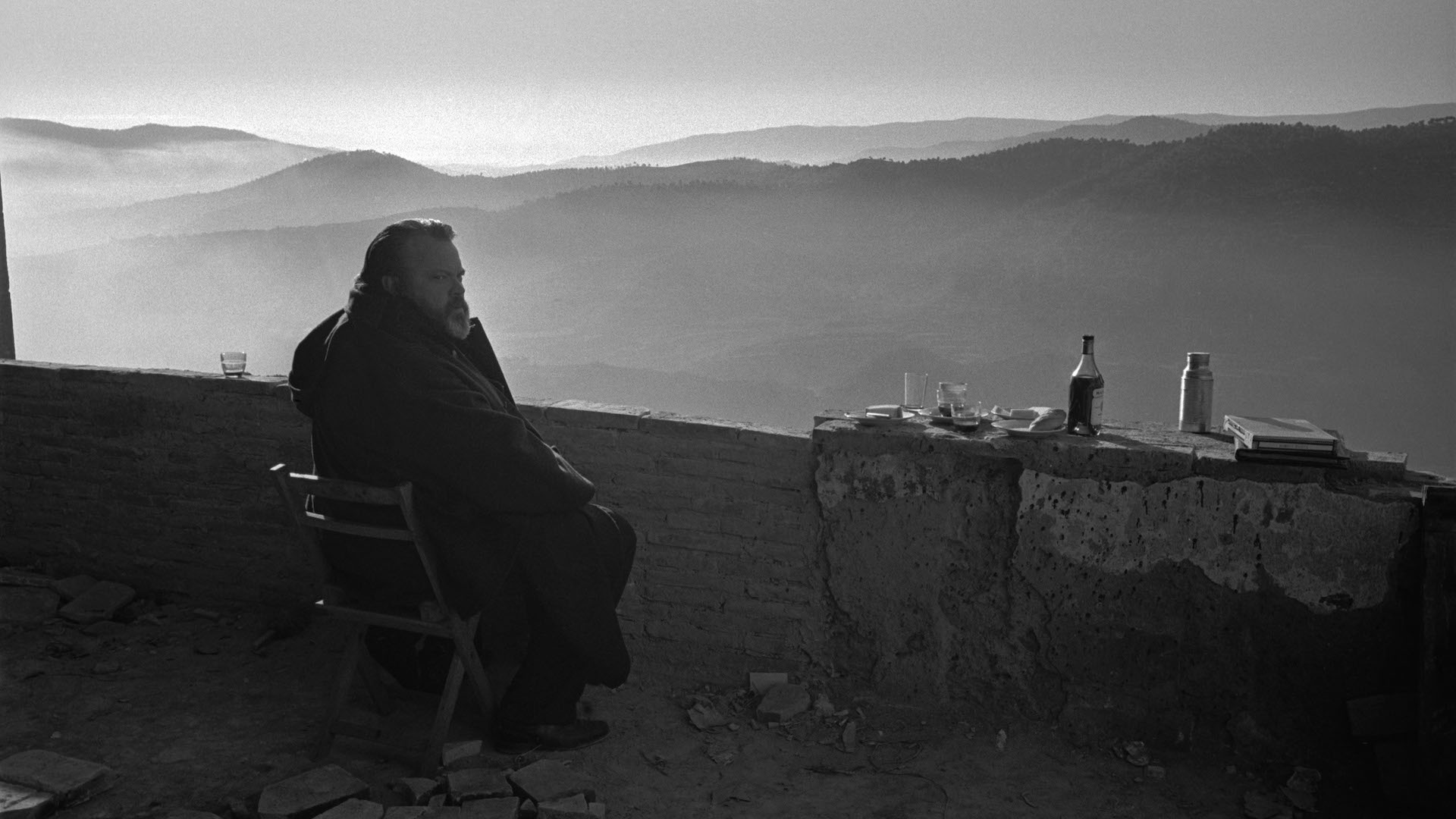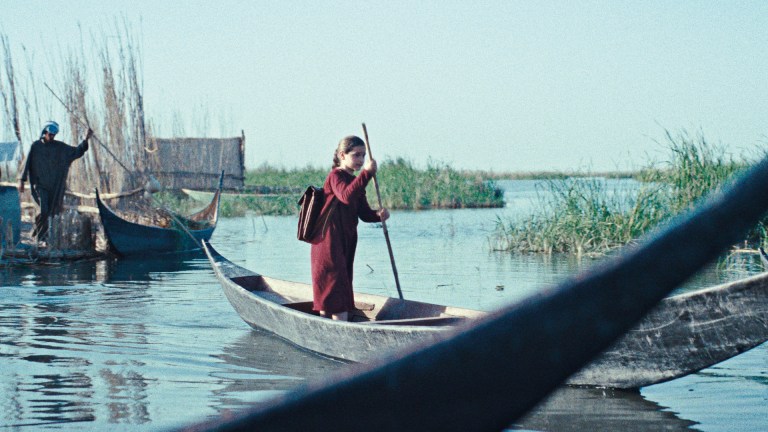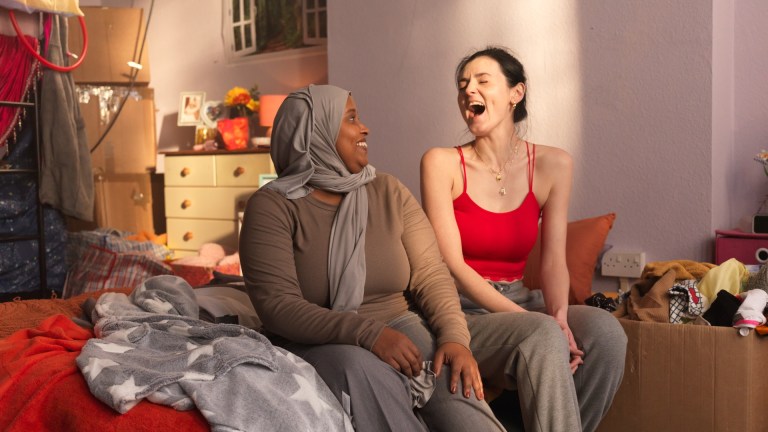In his documentary about Orson Welles, the filmmaker Mark Cousins recalls chancing on the actor-director’s Touch of Evil, his magnificent film noir from 1958, as a teenager. Cousins describes the moment in terms of a swoon, his first exposure to Welles’ blazing genius is the sort of love at first sight you never grow out of.
I had a similar experience. When I was about 13 I stumbled on a BBC Two interview with the man in which he ranged back over his long career; then watched his 1941 debut Citizen Kane (made, head-spinningly, when Welles was just 24). As with Cousins, it was a
revelation: it turned me on to serious cinema, and is probably the reason I’m writing this column.
Welles’ influence on cinema is huge
I’ve since seen pretty much all of Welles’ work and read plenty on him: on his rapid-rise success in the theatre and radio in the late 1930s, on that astounding first feature, and the movies that followed: as an actor –think of the saturnine charisma he brought to The Third Man – and, more significantly, as a director. I thought there wasn’t much left to say, but Cousins’ The Eyes of Orson Welles– part-critical biography, part-love letter (with a commentary addressed to Orson continuing the devotion that marked his first encounter with Welles) – proves me wrong.
The starting point is a modest cardboard container in a New York storage unit. Cousins tells us its contents might provide a fresh way of thinking about Welles. I was sceptical. Welles’ influence on cinema is huge: as a formal innovator (the labyrinthine Citizen Kane was decades ahead of its time – a distinction, and affliction, that marked all of Welles’ subsequent films); an interpreter of Shakespeare (Chimes at Midnight and Othello are among his finest); and, with F for Fake, a pioneer of the essay film form (of which Cousins is one of British cinema’s finest exponents). Can a small cardboard box tell us anything that is new about so large a figure?
What’s inside is a cache of drawings Welles made throughout his life. The filmmaker was a compulsive sketcher: of people, of ideas for films, of scribbles adorning Christmas cards and love letters. Holding some of these artefacts up to admiring scrutiny, Cousins retraces Welles’ biography and returns to the landmark movies of his long career, drawing on clips from his filmography.
What do these sketches tell us? Well, for one, the drawings, from the early doodles onwards, are full of visual motifs that would recur throughout his films, especially his fascination with architecture that inclined towards the baroque. But Cousins is as
interested in Welles’ sketches of people: especially the quick portraits he drew of the folk he met on his travels to Ireland and Morocco as a precocious youngster. These lively, intimate, warmly humane sketches of ordinary men and women anticipate the profoundly egalitarian aspect of Welles’ films, an element that Cousins explores through Orson’s progressive politics.









